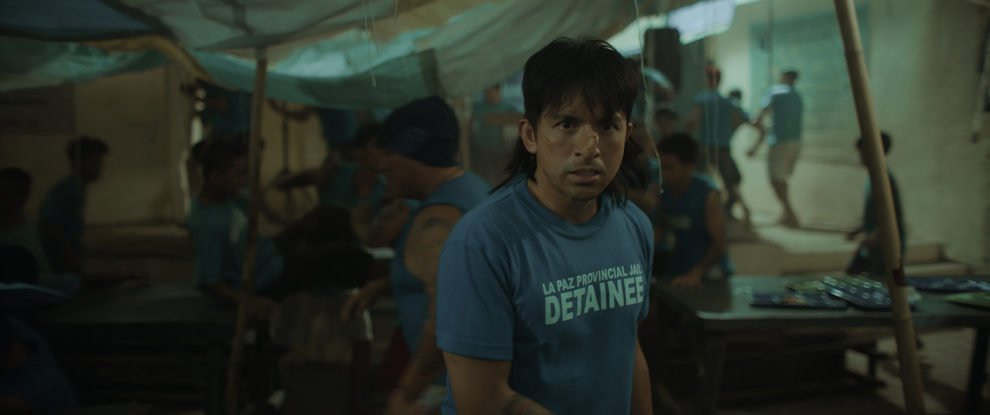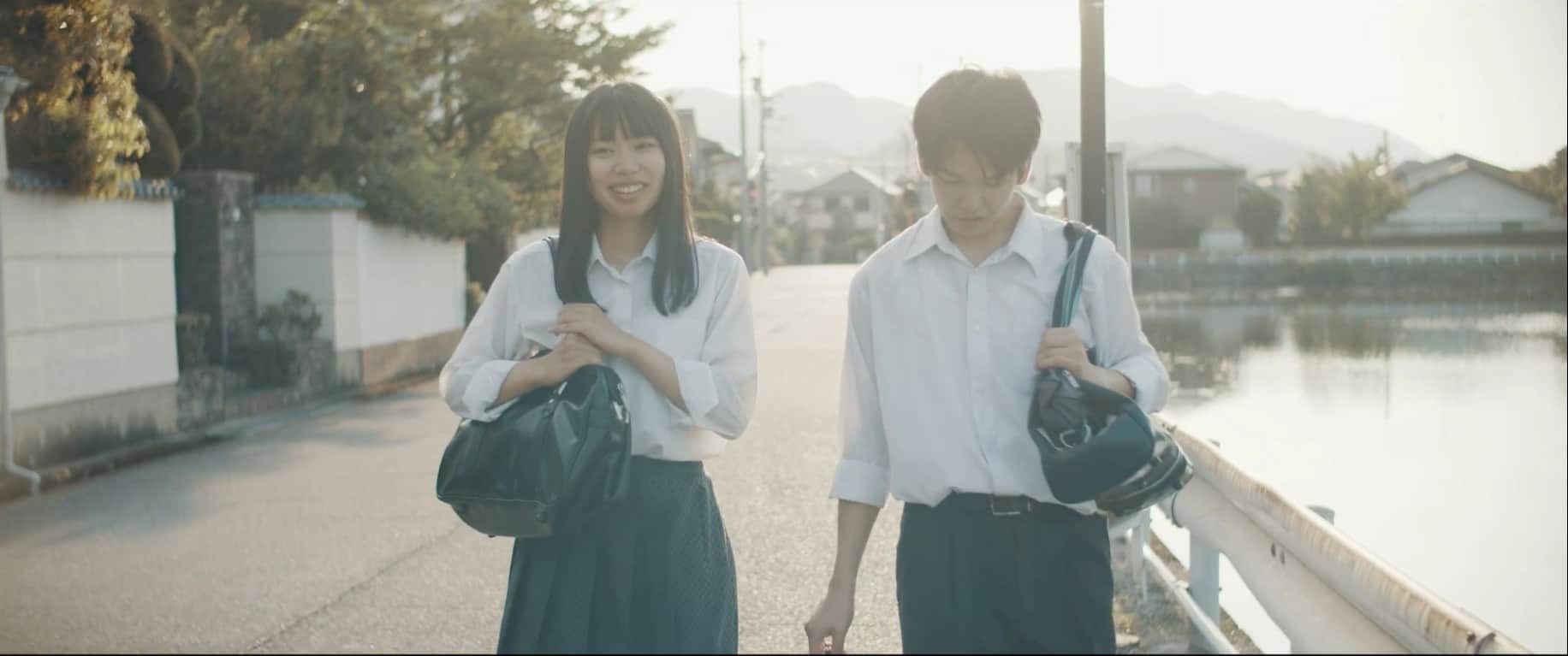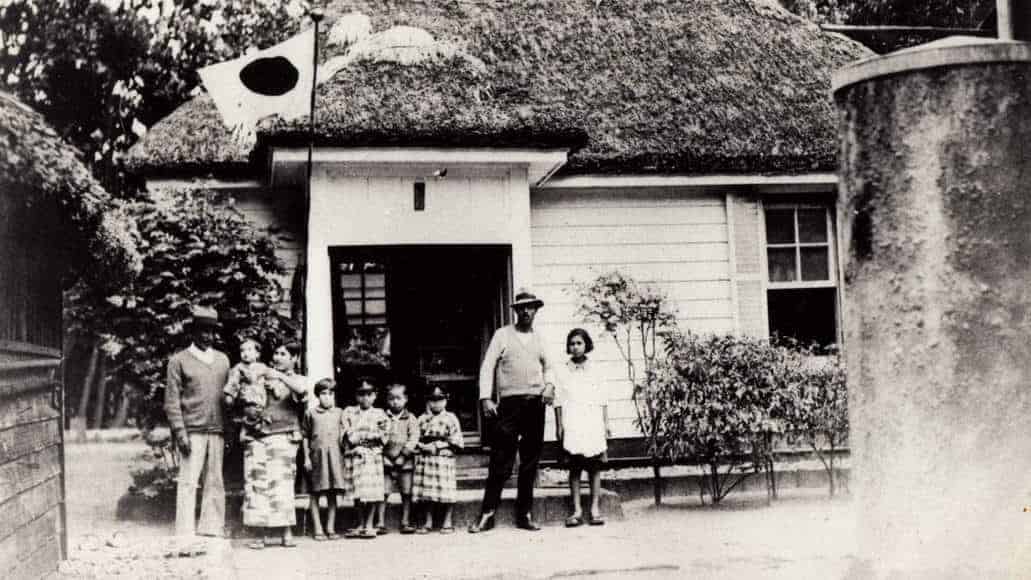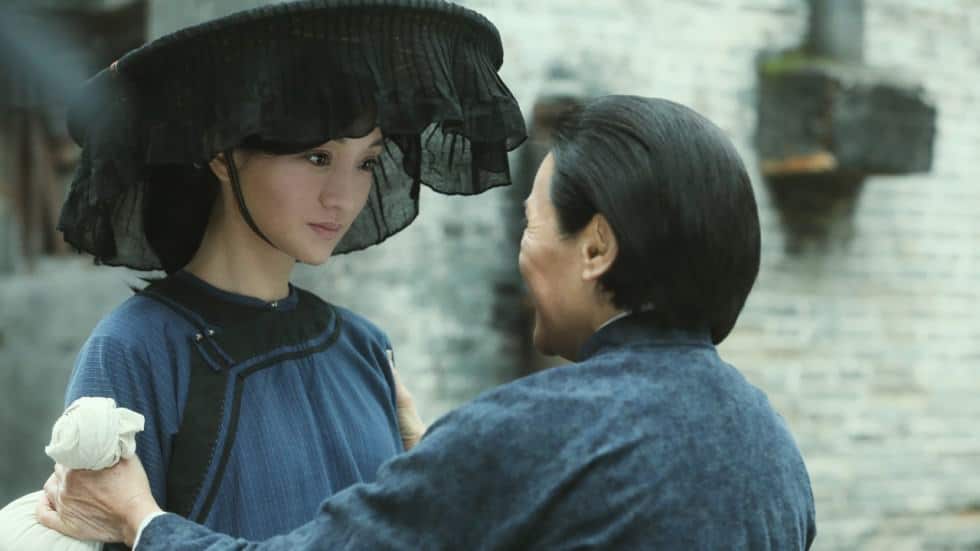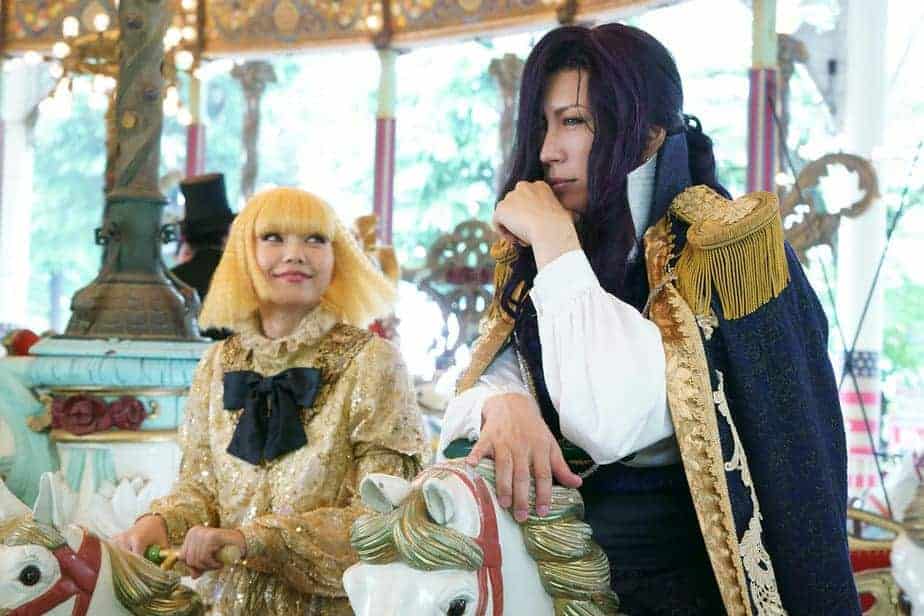The Filipino thriller master Erik Matti is in Venice with “On The Job: The Missing 8”, the sequel to his action flick “On The Job” from Cannes Directors' Fortnight in 2013. As for the previous film, the script was penned by Matti's spouse Michiko Yamamoto, whose feeling for fine tuning and presenting many things happening at the same time leaves no confusion about who- and whydunnit, although the backside challenging 208′ of the film's runtime will probably prove more fitting for the broader audience in the format in which is shown now – as a six episode HBO Asia mini-series.
“On The Job: The Missing 8” is screening at Udine Far East Film Festival

The story is, unlike the first film which was set in Manilla, based in the municipality of La Paz, in the seemingly safest community of the Philippines, ruled over and controlled by Pedring Eusebio (Dante Rivero), an influential politician loved by the voters but known only by few for what he is. His ‘clean' town is rather cleansed by none else than him, be it for the crimes really committed, or for his allergy to people standing his way. Eusebio is unscrupulous and protected by the reputation his family enjoys, with their white vest image kept clean by an oiled network of right helpers – mainly consisting of police officers who ocasionally let out cons out of prison to do the dirty jobs, and a PR machinery with expertise in fabricating fake stories. The innocent victims' past is being forged for the calculated purposes of keeping things under control: those who lost their lives get posthumously dragged into dirt with fake news being fed to media just in case anyone comes to the idea of asking questions.

Real and fake news enter the battle of information, showing just how little power is left to the independent print media to fight its way to the public. The moving images and audience-grabbing headlines take over, simply reflecting the world we live in, thursty for extremes, ruined images of individuals and scandals. Manipulative as it is in its ‘pointing-the-obvious' way to cause a head-tilting reaction, this approach has its point. The film does deal with the specific domain of fabricated truth that serves its pourpose in political games.
One could also call the music choices manipulative, but damn do they work. The film is fuelled with the power of beats and lyrics to accompany every single significant moment. Most notably, this is the case with The Animals's song “We Gotta Get Out of This Place” set to the violent prison riot in which the involuntary murderer Roman (Dennis Trillo) – a former petty criminal turned into a hitman by force, finds his temporary way out of hell.
Inspired by true events, the film looks into a deeply corrupted system that protects the powerful at the costs of its fragile citizens, taking no prisoners. But when they take them, they use them as a weapon of distruction. Roman, a simple youth from a small village, is the only one who understands the situation he is put in, and turns informer.
Eusebio's (and also Pacheco's) biggest enemy is the local newspaper publisher Arnel Pangan (Christopher de Leon) who stubbornly refuses to succumb to the trend of praising the politicians' ‘accomplishments' for the community. It is a story as old as humankind – those who oppose the mechanisms of power will eventually be swallowed by it. The problem is that on the night he is supposed to meet his destiny, he isn't alone. Eight people get killed instead of one, including his 8-year-old son. This is what it takes for Pangan's business partner Sisoy Salas (John Arcilla) to rethink his previous loyalty to Eusebio, who used him as his puppet in the morning radio shows.
Matti is addressing one of the biggest problems in the Philippines – the ‘disappearance' of many people who oposed the regime in the past decades, and he isn't gentle about it. On the other hand, he is taking stylistic compromises led by the emotional input.
For his role of an initially corrupt journalist who realised the full weight of his wrong-doings after the murder of his friend and his young son, Arcilla won the the Volpi Cup for Best Actor in Venice. Towards the end, he turns into a modern hero who live-casts his own way of no return in a scene which is a poignant reminder of a digitally-steered parallel reality we currently occupy.


